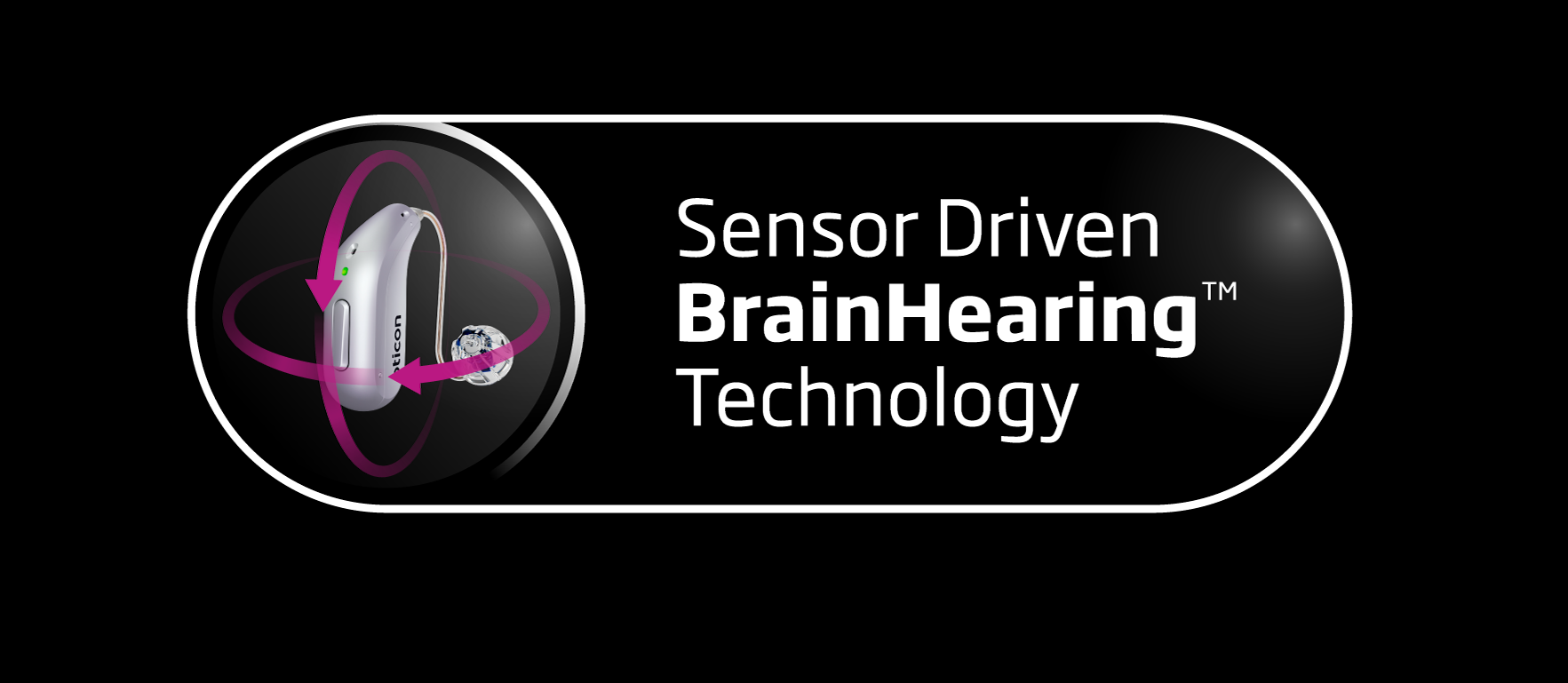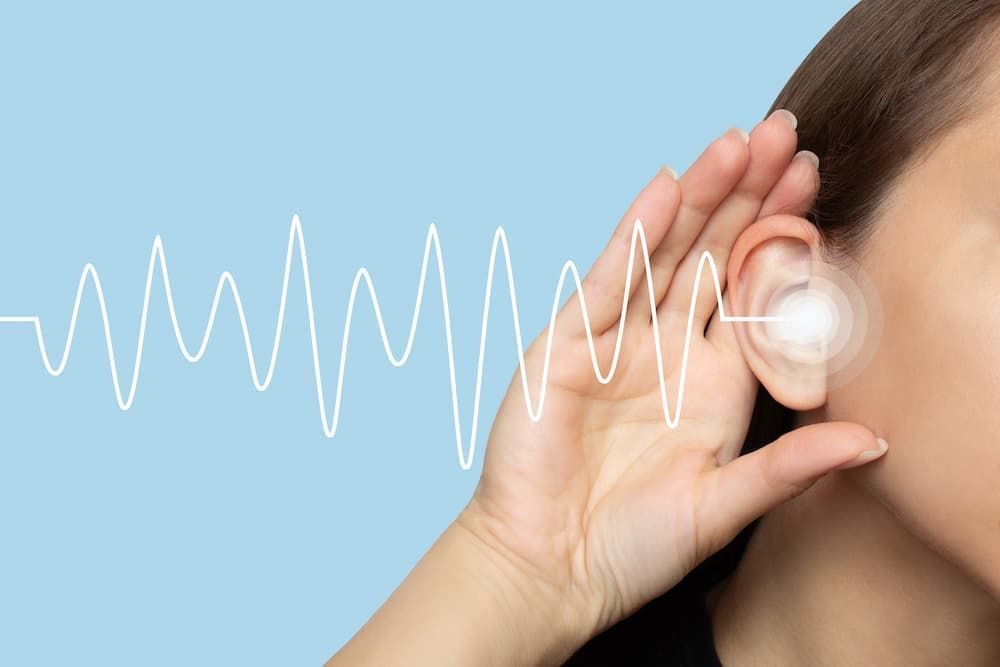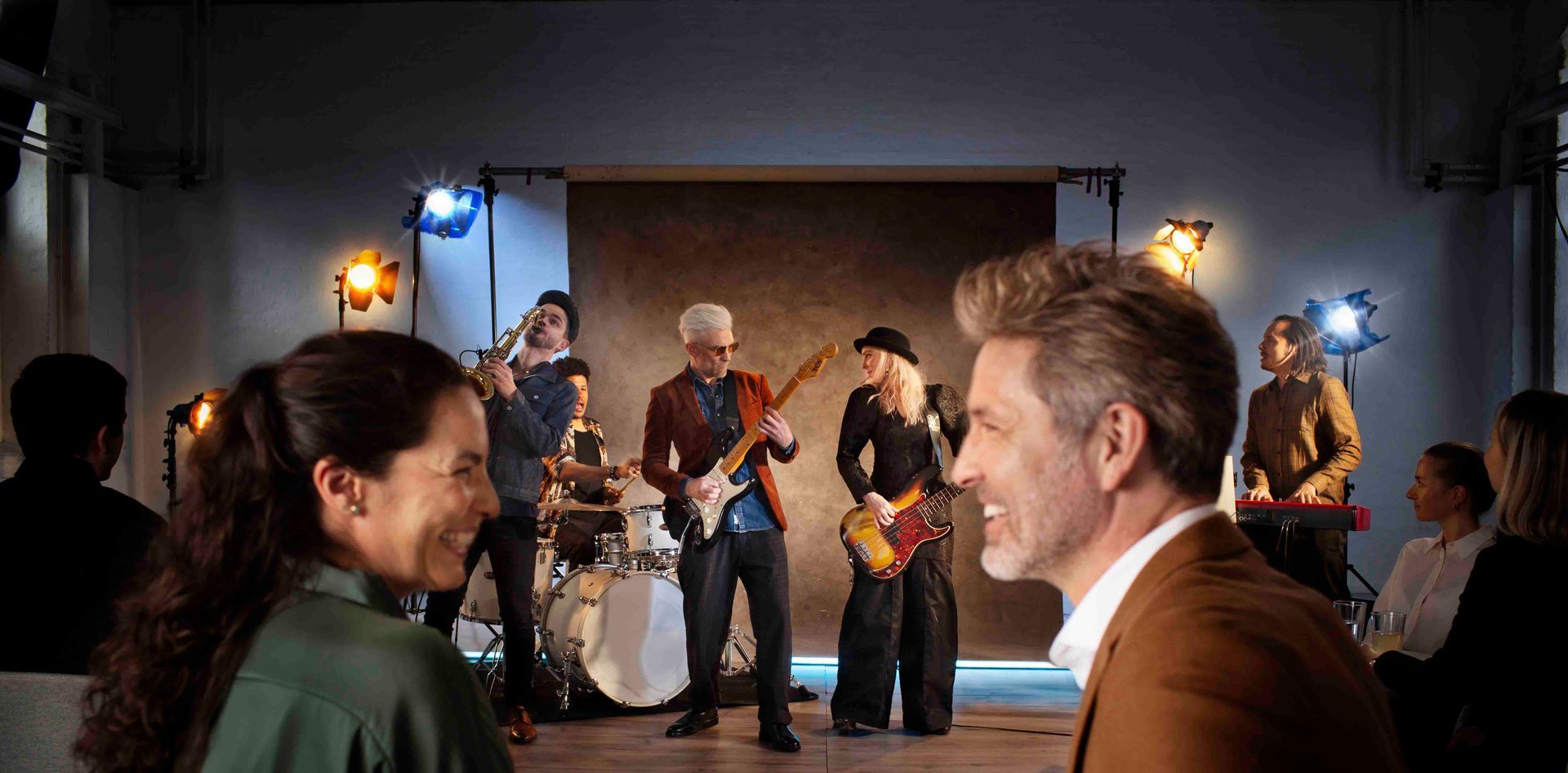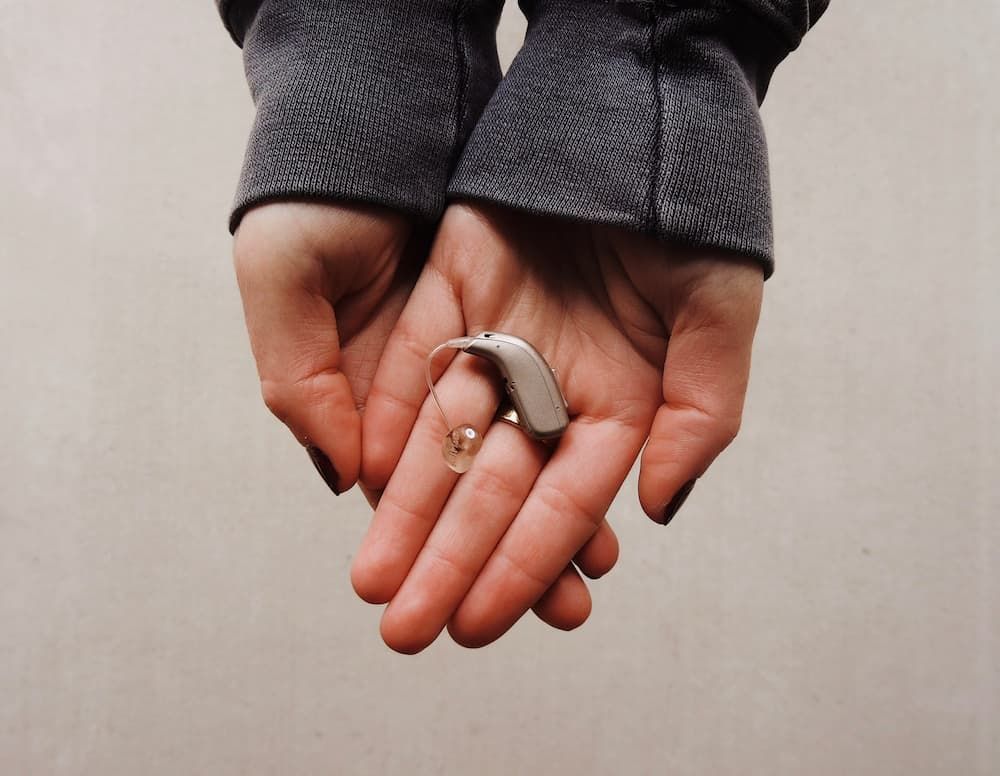Misophonia, Phonophobia, and Hyperacusis: Auditory Sensitivity Explained
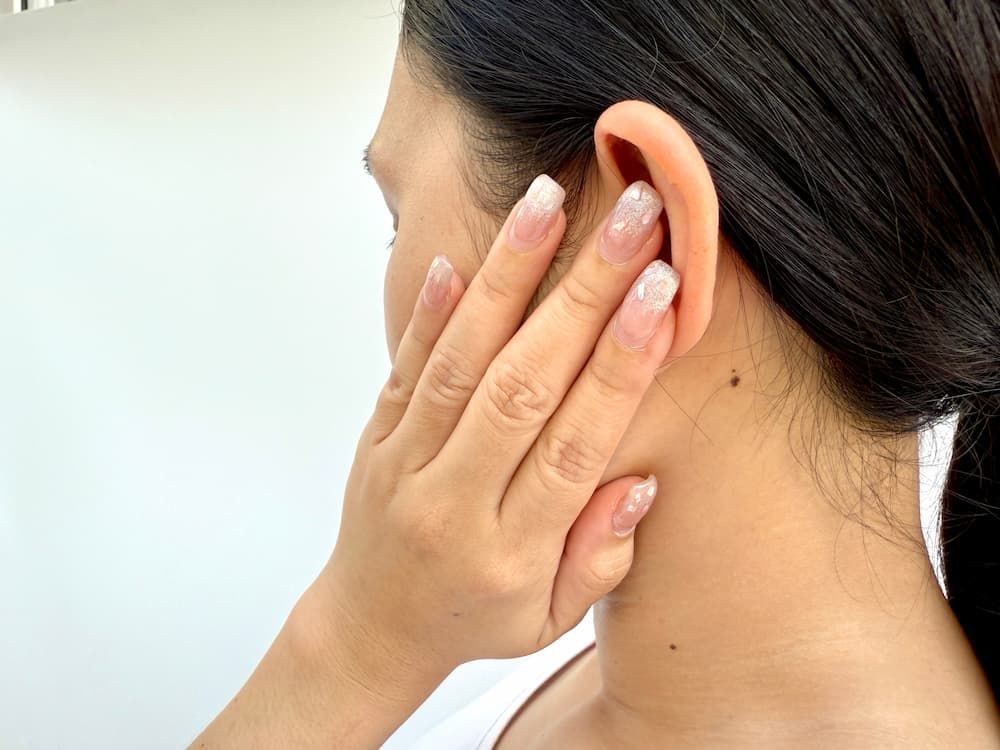
Auditory or sound sensitivities affect many people, sometimes co-occurring with OCD, anxiety, autism, trauma, and sensory processing disorders. They can be hard to manage and treat, but there are options to reduce discomfort and improve your life.
Treating auditory sensitivity can restore your ability to function and engage in activities that might be triggering.
What is Misophonia?
Misophonia is an uncontrolled emotional reaction to a specific sound or sounds. The volume of the sound can be exceedingly soft and still be highly triggering. Triggering sounds vary, but they most often include things like chewing, tapping, sniffing, ticking clocks, or other repetitive noises. Less commonly, misophonia can be triggered by footsteps, laughter, a specific person's voice, the phone ringing, animal sounds, or even a specific melody or style of music.
Misophonia symptoms include physical symptoms such as an increase in blood pressure and/or heart rate, pressure or tightness in the chest, goosebumps, and sweating. They may also include emotional and behavioral responses, such as fleeing the area, yelling at the source of the sound, or taking action to stop the sound.
Understanding Hyperacusis
Hyperacusis is often mistaken for misophonia, but it is different. Somebody with hyperacusis is sensitive to sound and may experience fear or even pain when exposed to simple sounds such as a vacuum cleaner or a car backfiring. People with hyperacusis are not triggered by specific sounds, but are affected by the volume of sound. For example, somebody with misophonia might be triggered by the sound of a voice similar to somebody who abused them, while somebody with hyperacusis will be triggered by somebody shouting, regardless of who. People with hyperacusis perceive normal sounds as louder and loud sounds as excessively loud. It is typically triggered by acoustic trauma, a head injury, or physical damage to the ears. It also overlaps with anxiety. In some cases, it's simply caused by having unusually sensitive ears.
Hyperacusis symptoms range from annoyance to difficulty with balance and ear pain.
The Difference: Phonophobia
Phonophobia is a fear of sound. Hyperacusis is entirely physical, while misophonia is often both, but phonophobia is the fear of sound in general. It's often associated with anxiety or can develop after a traumatic event involving sound. For example, somebody who is close to an explosion and temporarily loses their hearing may well develop phonophobia. Phonophobia is an anxiety disorder, not a physical problem with your ears. However, it can create similar symptoms, including ringing in the ears.
Phonophobia may be a fear of a specific sound or of loud sounds in general, and in extreme cases, can cause somebody to isolate themselves.
The Connection to Tinnitus
All three of these conditions can lead to tinnitus...ringing in the ears. Tinnitus can then cause a vicious cycle, making you more sensitive to sound and exacerbating misophonia, hyperacusis, and phonophobia. (It is, of course, possible to have more than one of these conditions, and hyperacusis can easily lead to phonophobia).
Managing tinnitus when associated with these other conditions requires working with all of these conditions, and improving one often improves the others. Sound sensitivity is treated with a number of things, including cognitive behavioral therapy to learn coping strategies, sound therapy devices to lessen sound sensitivity, anxiety-reducing medication, and lifestyle changes. We may also work with your family or your employer to help reduce symptoms. Some people find music therapy helpful to build more positive associations with sound.
How We Can Help in Arizona
All of these conditions are real and treatable. At the Tinnitus & Hearing Center of Arizona, we specialize in diagnosing and treating auditory sensitivity and tinnitus. We can help you get your life back.
Schedule a consultation with us today to find a personalized path to relief.
Image credit: // Shutterstock // VashDog
